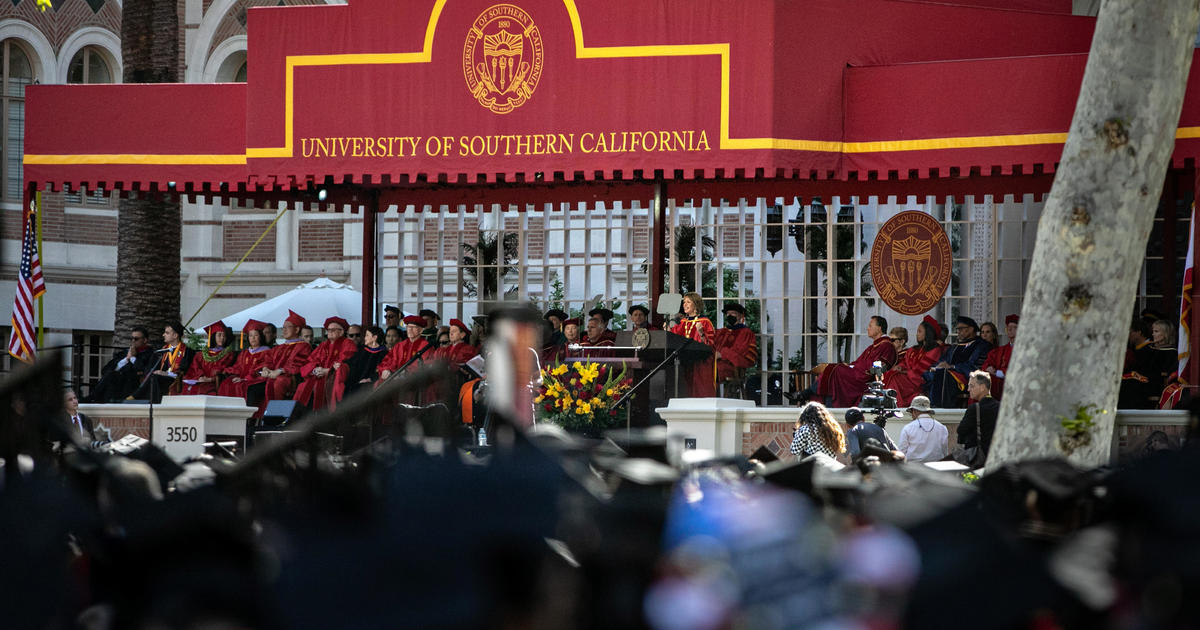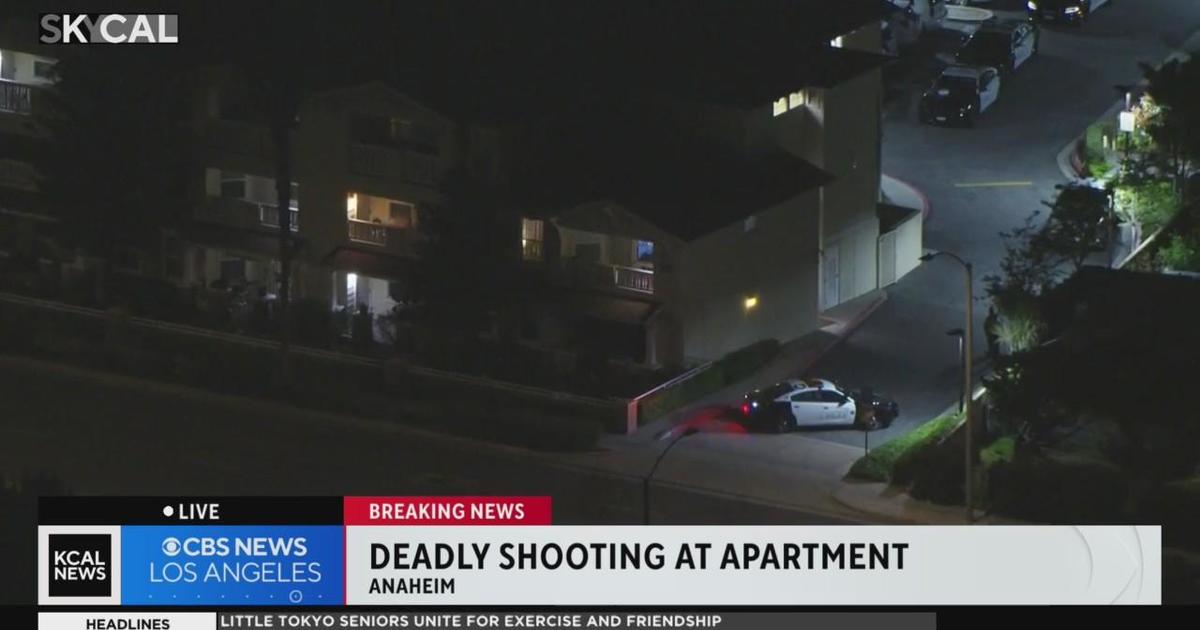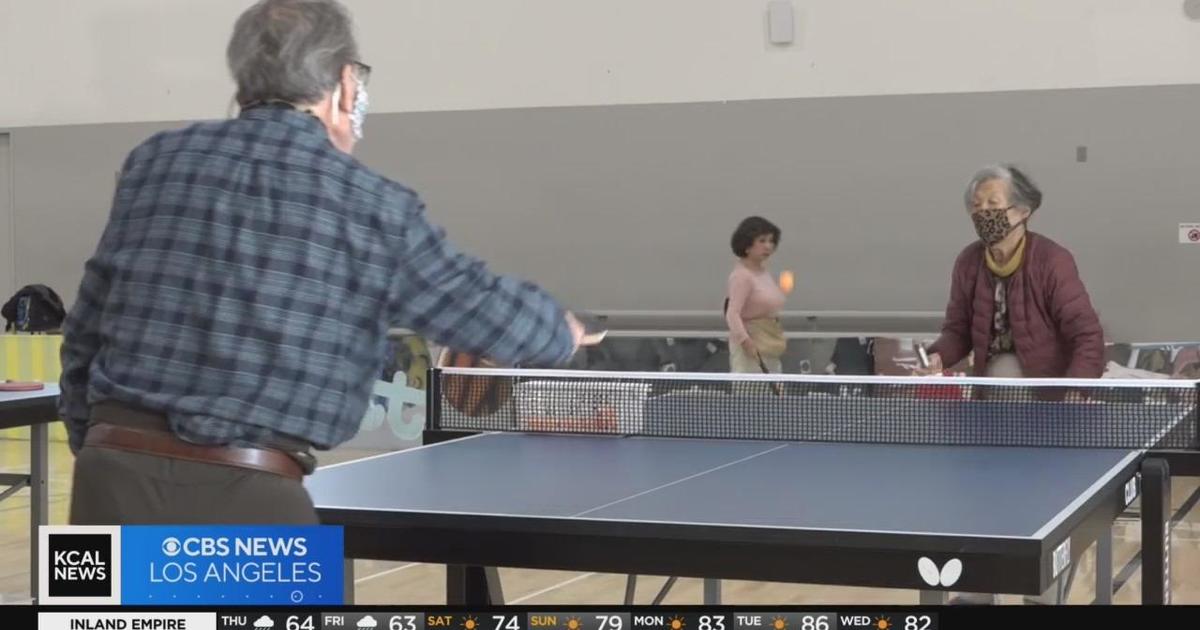The Importance of Recovery Care to Long Term Health - How Geriatric Care Managers Can Help
Hospital policies and insurance coverage for in-hospital stays have resulted in very short hospital stays and rapid hospital discharges after surgery and illness. This can create a time of high risk for seniors whose health is compromised and who may be frail. Proper, well-informed recovery care is essential to their long term health.
The care that seniors receive when they return home (hospital-to-home care) plays an important role in their ability to recover fully, prevent rehospitalization, and return to activities of daily living. Geriatric care managers can help families to manage care during this important time.
Research shows that transitions in care, such as discharge from a hospital to the home, is a time of high risk for patients for the following reasons:
- There are no national standards for transitions in care; each healthcare facility will handle it differently.
- It is the time of highest risk for medication errors.
- Patients may be discharged despite being high risk, due to hospital and/or insurance policies.
- Poor communication, language, cultural and health literacy issues may prevent caregivers from having a clear understanding of care for the senior after discharge.
- There may be an incomplete transfer of information, or inadequate education of the senior and his/her family by healthcare providers.
According to the American Journal of Nursing, the "poor " transition of these older adults from hospital to home has been linked to adverse events, low satisfaction with care, and high rehospitalization rates. However, a geriatric care manager can help to ensure that a senior has a safe transition to the home and that the family and caregivers receive the important information they need for post-discharge care. The care manager can work with the healthcare staff and facilitate communication between them, the senior and family members. The care manager can navigate the transition for the family and make sure that it will be handled safely for the senior.
Once the senior returns home, the geriatric care manager will conduct a comprehensive health assessment. In coordination with the senior's health care providers, the care manager will review the care plan and make sure that it meets the current needs of the senior. They will assist the family in understanding detailed home care instructions for the senior.
Family caregivers play an important role in the recovery of seniors from a hospital procedure. They are often intimately involved in medication adherence, wound care, after-hospital mobility like getting in and out of bed and chairs properly, nutrition and other health issues. A geriatric care manager will make sure that family caregivers have the support they need to successfully fulfill their role.
- Understanding discharge instructions
- Understanding the details of care plans
- Finding and accessing resources in the community to support recovery
- In-home nursing services to prevent acute health events
- Emotional support for caregivers
- Understanding insurance coverage
- Financial issues for care
The detailed, knowledgeable attention that the care manager can pay to the discharge plan and ongoing care plan can help to prevent recurrence of illness or injury. It can also help the senior to recover fully and return fully to their previous lifestyle.



